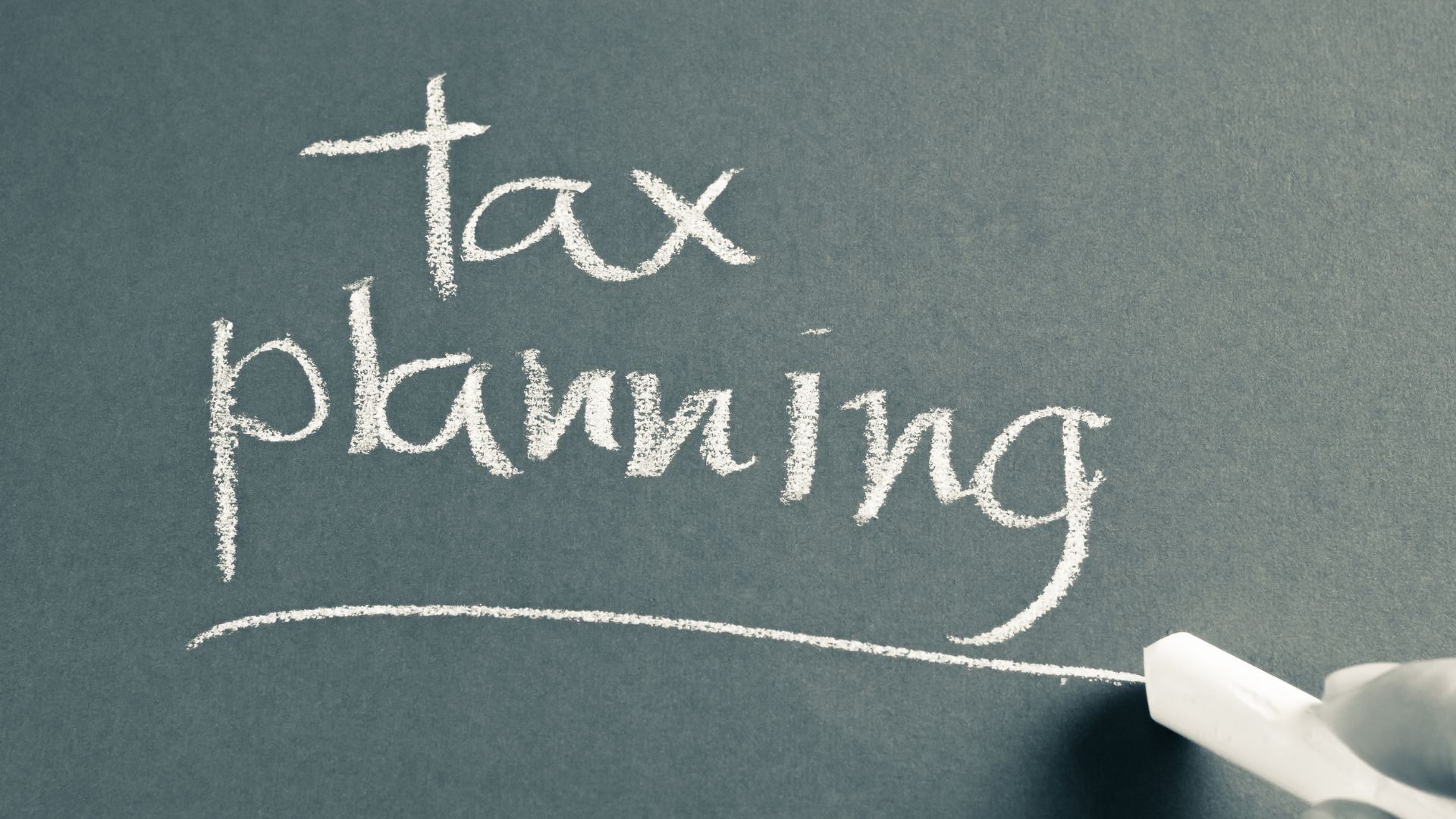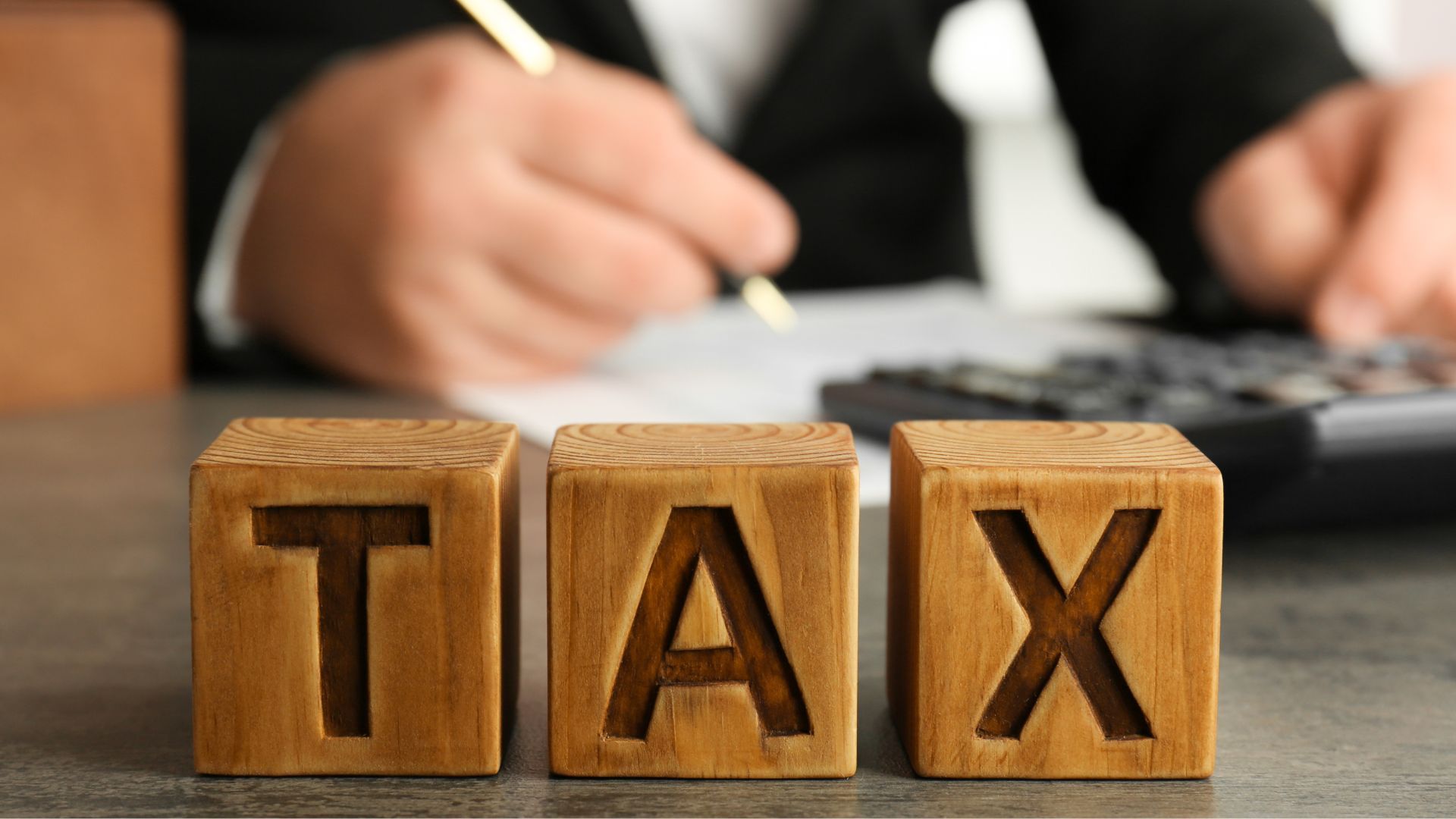Limited Company Director Expenses
What Expenses Can you Claim as a Limited Company Director?
Whether you’re already a limited company director and you’re wanting to refresh your knowledge of allowable expenses, or you’re in the process of setting everything up for the first time, the Go Limited experts are here to help.
Understanding Allowable Expenses for Limited Company Director
To make sure that you’re working as tax-efficiently as possible - and let’s face it, who wants to pay more tax than they need to? - you’ll need to know what expenses you can claim as a limited company director. Tax-deductible expenses are costs incurred by your limited company that can be taken away from the taxable profit. As a company director, these expenses must be wholly and exclusively for business purposes to qualify. This means the expense needs to directly relate to the day-to-day running of your business.

Most Common Limited Company Allowable Expenses
There are a lot of limited company allowable expenses available for you to claim, but here are some of the most common.
Office and WFH Costs
Operating from an office or your home brings its own set of expenses, many of which can be claimed as allowable. If you rent an office space, costs like rent, electricity and water are claimable. If you work from home, you can claim a proportion of your home’s bills - such as electricity, heating and internet - based on the percentage of your home used for business purposes. Paper, pens and other office supplies necessary for your business operations are also tax deductible.
Equipment and Assets
Investing in the right tools and equipment is key if you want to have everything you need to run a successful business, and you’ll find that many of these purchases qualify as allowable expenses. Laptops, desktops, printers and monitors are claimable if they’re used for business purposes. Chairs, desks and storage units specifically for your workspace can be included. If your business relies on specialised equipment or machinery, the costs of purchasing and maintaining these tools are deductible.
Professional Fees and Advertising
Promoting your business and seeking expert advice often involves costs that can be claimed, including the cost of hiring accountants, solicitors or tax advisers. You can also claim advertising and marketing costs as tax deductible, including website design, online ads, printed advertising and branding. Memberships to professional organisations or publications related to your industry can also be included in your expenses.
Training and Development
Staying competitive often means investing in skills and knowledge, giving you the expertise you need to keep up with competitors. As a limited company director, you can claim training and development costs as allowable expenses, as long as they are directly related to the business. This includes courses, seminars and training that enhances your current skills or knowledge relevant to your business. You can also claim business-related books, manuals or online resources as tax-deductible expenses as a limited company director.
Health and Eye Tests
A lot of limited company directors make the mistake of assuming that sitting at a desk all day, staring at the computer, isn’t detrimental to your health. But, this isn’t always the case, and staying on top of your health is important. If you use a computer for work, you can claim the cost of regular eye tests. But, while the eye test itself is deductible, the cost of glasses or lenses is only allowable if they are specifically for work that involves using a computer screen.

Limited Company Entertainment Expenses
When it comes to claiming limited company expenses for entertainment, there’s a lot of misunderstanding, and it’s certainly a grey area for limited company directors. While some costs are allowable if they meet specific criteria, many are not, and knowing what falls into each category is key. For limited company entertainment to be tax deductible, it needs to be for business purposes, and not to benefit you personally. Meals, drinks or events intended to entertain existing or potential clients can be claimed as allowable expenses. However, these are not tax-deductible for corporation tax purposes, even if they are business-related.
Costs for employee events - such as annual staff parties or team-building activities - are allowable. To qualify, the event must be open to all employees, and the total cost per head must not exceed HMRC’s limit. This limit is currently £150 per person.
Limited Company Trivial Benefits
If you’ve done any research into allowable expenses for a limited company director, you’ll have come across trivial benefits. This is a slightly more complicated area of limited company allowable expenses, but that doesn’t mean it’s impossible to get to grips with. When you’re managing tax deductible expenses for a limited company, you might have some gifts and entertainment that were paid for by the business on behalf of employees. These are known as trivial benefits, and they’re allowable expenses if they tick a few boxes.
For an expense to be considered a trivial benefit, it must have cost £50 or less, it can’t be a reward for employees’ performance or work, and it can’t be given in the form of cash or a cash voucher. If the expense doesn’t tick all of these boxes, you’ll likely need to declare it on your tax return.
It’s impossible to provide an exhaustive list of trivial benefits, as there are a lot, but it tends to include things such as Christmas gifts for employees, birthday presents, small gifts to mark the birthday of a baby, gift vouchers for local businesses or a bottle of wine to celebrate hitting a milestone year of employment.

Limited Company Travel Expenses
As a director of a limited company, you can claim travel expenses that you’ve incurred while conducting business activities. These expenses must be wholly, exclusively and necessarily for business purposes to be allowable.
- Parking can be claimed if the charges incurred while you were attending a business meeting, event or site visit. But, parking fines or tickets can’t be claimed, even if they occur during a business trip.
- If you travel for work, you can claim hotel and accommodation costs if you need to stay overnight due to business activities, such as attending a conference or a client meeting in a different city. But, the expenses should be reasonable, and extravagant stays may raise questions from HMRC.
- If you drive through a congestion charging zone for business purposes, the fees can be claimed. But, congestion charges for commuting between home and your usual workplace are not tax deductible.
- The cost of public transport for business travel are allowable expenses for a limited company director, including bus and train tickets to client meetings, conferences or trade shows. You can also claim taxis as expenses if they’re a necessary part of getting to your business destination. Flights for attending business meetings or international conferences are also tax deductible. However, you can’t claim daily commuting costs from home to your regular place of work.
Limited Company Vehicle Expenses
As a limited company director, you can claim vehicle expenses if the vehicle is used for business purposes. These expenses must meet HMRC’s criteria of being wholly and exclusively used for business purposes.
- The cost of insuring a vehicle used for business purposes can be claimed as an expense. But, if it’s used for both business and personal purposes - for example, if you have a family car that you also use to commute to client meetings - only the business portion of the insurance premium is allowable.
- Maintenance and repair costs are also tax-deductible, and this includes servicing, MOT tests, and necessary repairs if the vehicle is used for business. Similarly to insurance, if the vehicle is used for both personal and business purposes, only the business portion of maintenance and repair is claimable.
- If you personally pay out for fuel used during business travel, you can be reimbursed by your business. You need to keep detailed mileage logs and receipts to back up your claims. If you don’t, you’ll have the option to claim a mileage allowance. These are mileage rates set by HMRC, at 45p per mile for the first 10,000 miles in a tax year, and 25p per mile for anything extra. It’s 24p and 20p per mile for motorbikes and bicycles, respectively.

FAQ
What Are Trivial Expenses, and Can I Claim Them?
Trivial expenses refer to small, infrequent costs that are exempt from tax and National Insurance if they meet HMRC’s criteria. To qualify as trivial, the expense must:
- Cost £50 or less per individual per event.
- Not be a cash payment.
- Not be a contractual obligation.
- Not be a reward for work performance.
Examples of trivial benefits:
- Taking staff out for coffee or a small meal.
- Birthday or Christmas gifts under £50 (e.g., wine, chocolates).
- A small gift card (not exchangeable for cash).
Directors of one-person limited companies can claim trivial benefits, but they are capped at £300 per tax year.
What Are Allowable Business Expenses?
Allowable expenses are costs incurred wholly, exclusively, and necessarily for business purposes. These can be deducted from your company’s taxable profit.
Key allowable expenses include:
- Office Costs: Rent, business rates, utilities, internet, stationery, software.
- Travel & Accommodation: Mileage for business travel (45p per mile for the first 10,000 miles), public transport, hotels, and meals during business trips.
- Equipment & IT: Laptops, mobile phones, printers, and tools necessary for your work.
- Professional Fees: Accountancy, legal, and consulting fees directly related to your business.
- Training & Development: Courses that improve or maintain existing business skills.
- Insurance: Public liability, professional indemnity, employer’s liability.
- Marketing & Advertising: Website costs, social media ads, promotional materials.
What Expenses Are NOT Allowable?
HMRC does not permit deductions for:
- Client entertainment costs (even if business-related).
- Personal clothing, unless it’s a uniform or protective gear.
- Commuting costs from home to a regular place of work.
- Non-business-related meals and drinks.
- Fines or penalties (e.g., speeding tickets).
Can I Claim for Working From Home?
Yes, if you run your business from home, you can claim a proportion of household expenses such as:
- Utilities (electricity, heating).
- Internet and phone bills.
- Mortgage interest or rent (if a dedicated workspace is used).
You can either:
- Claim a flat rate (£6 per week without receipts).
- Calculate actual costs based on the proportion of home usage.
What Happens If I Accidentally Claim a Non-Allowable Expense?
If HMRC audits your accounts and finds a non-allowable expense wrongly claimed, they can:
- Disallow the deduction.
- Impose fines or penalties for incorrect tax filings.
- Charge interest on any unpaid tax.
How Should I Keep Records of Expenses?
It’s important to maintain proper documentation, including:
- Receipts and invoices.
- Bank statements.
- Business mileage logs.
- Proof of expense purpose (if necessary).
HMRC requires businesses to keep records for at least six years.
Can I Claim Food and Drink Expenses?
Yes, but only if you are traveling for business and not commuting to your usual workplace. Meals can be claimed if:
- The travel is outside your normal working pattern.
- You stay overnight for business purposes.
Regular lunch or coffee runs do not qualify.
Can I Claim a Company Car or Fuel Costs?
Yes, but the rules depend on how the car is used:
- If it’s solely for business, all running costs (fuel, insurance, servicing) can be claimed.
- If used for personal and business purposes, it becomes a taxable benefit, and you may need to pay Benefit-in-Kind (BiK) tax.
- Alternatively, claiming mileage at 45p per mile (for business trips) might be more tax-efficient.
Are Christmas Parties & Team Events Allowable Expenses?
Yes, HMRC allows businesses to spend up to £150 per employee per year on social events like Christmas parties. This must be open to all employees and not exceed the threshold.
Can I Claim for Mobile Phones & Internet?
Yes, but:
- If your company owns the phone and it is used for business, the cost is fully tax-deductible.
- If you use a personal phone, you can only claim the portion used for business.

At Go Limited, we know understanding limited company allowable expenses can be confusing, as there’s a lot to remember. If you’re finding the prospect of dealing with tax-deductible expenses daunting as a limited company director, we’re here to help. With our expertise and knowledge, you’ll have access to everything you need to know about what expenses you can claim, as well as what you can’t claim.










